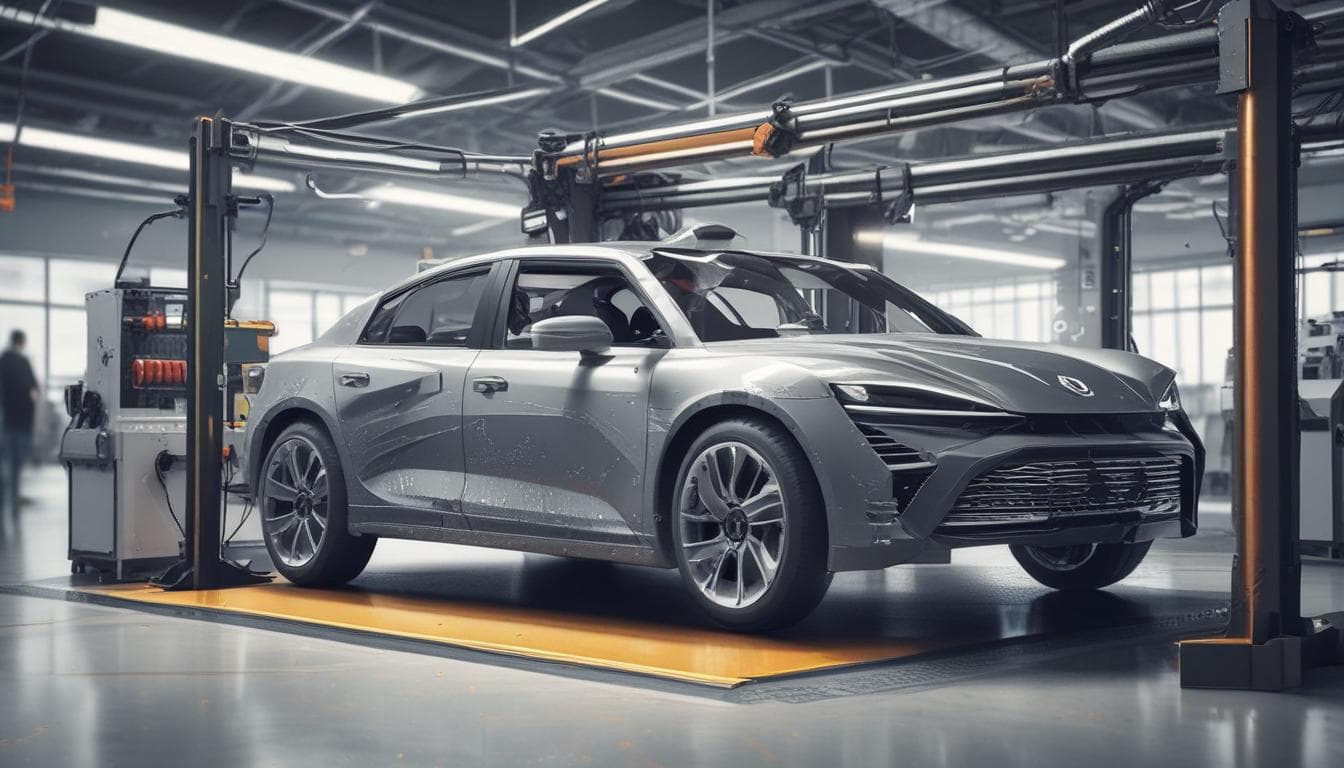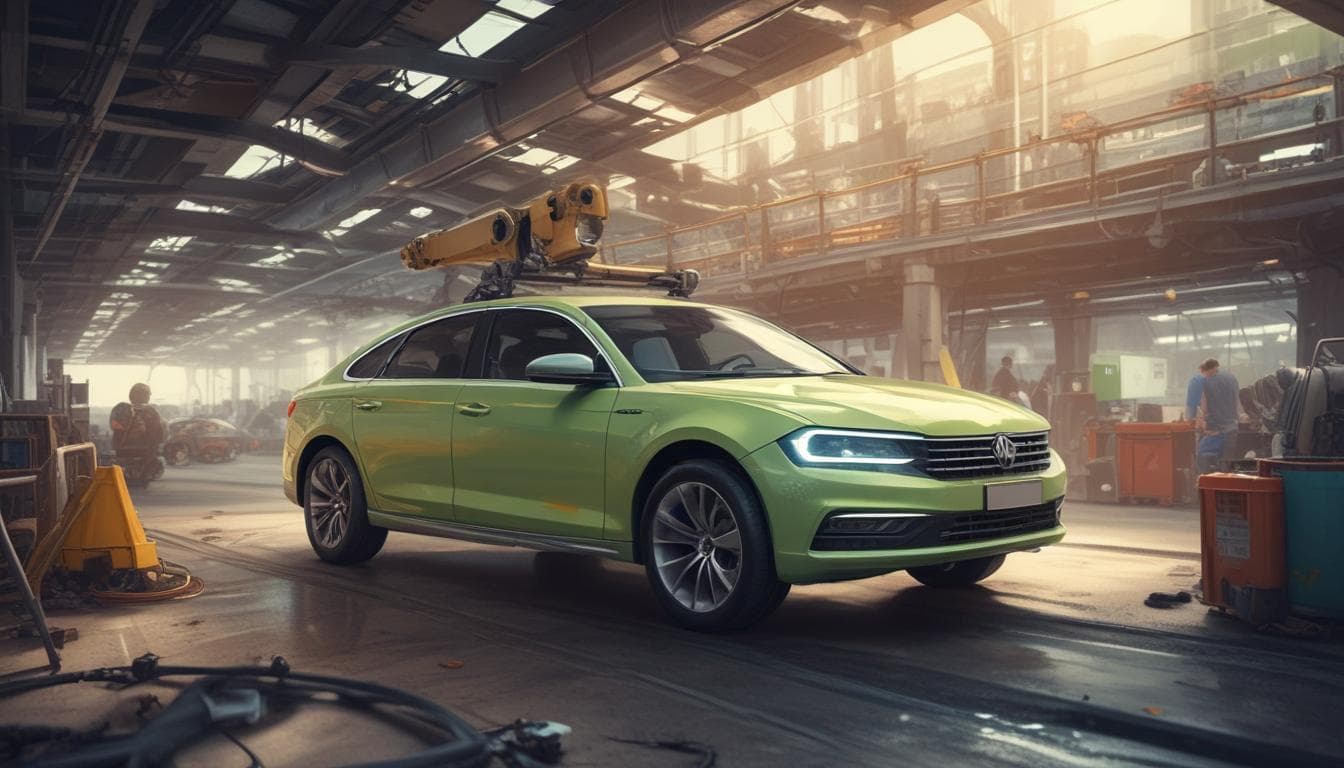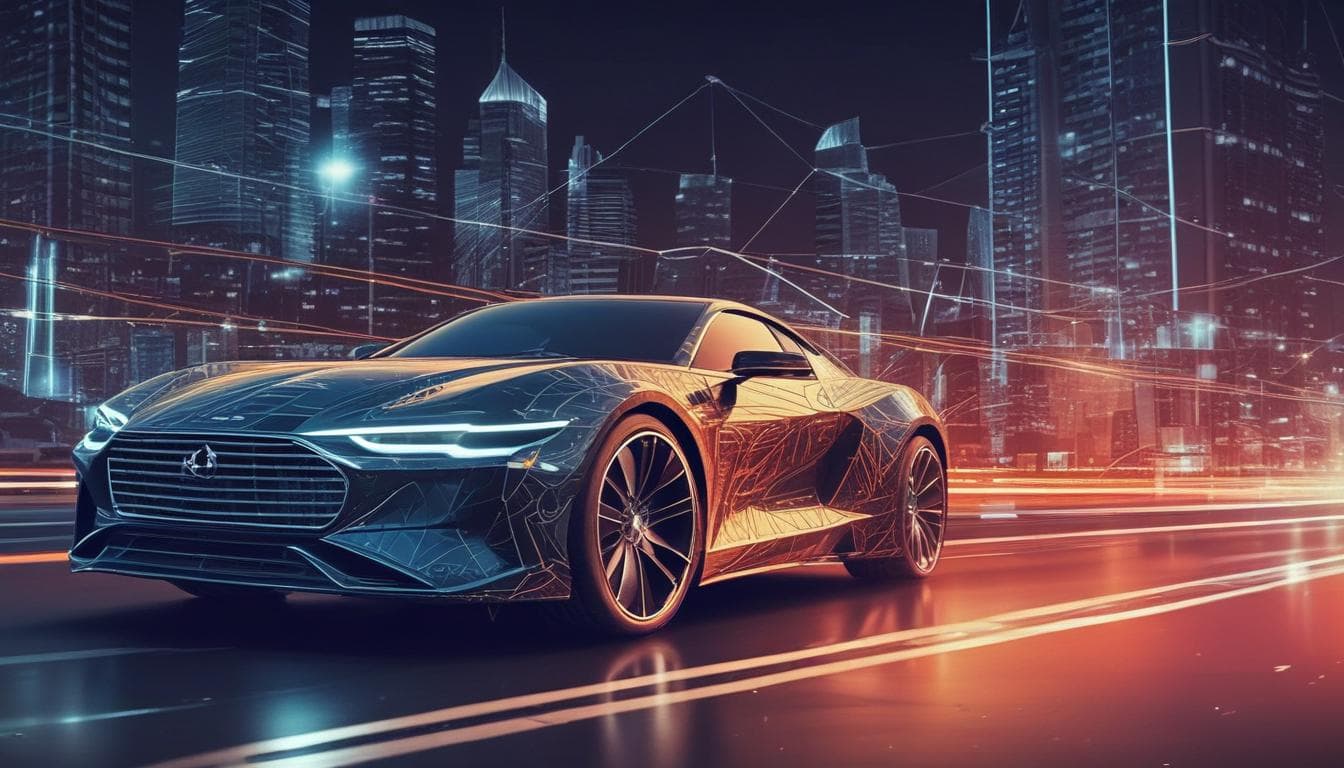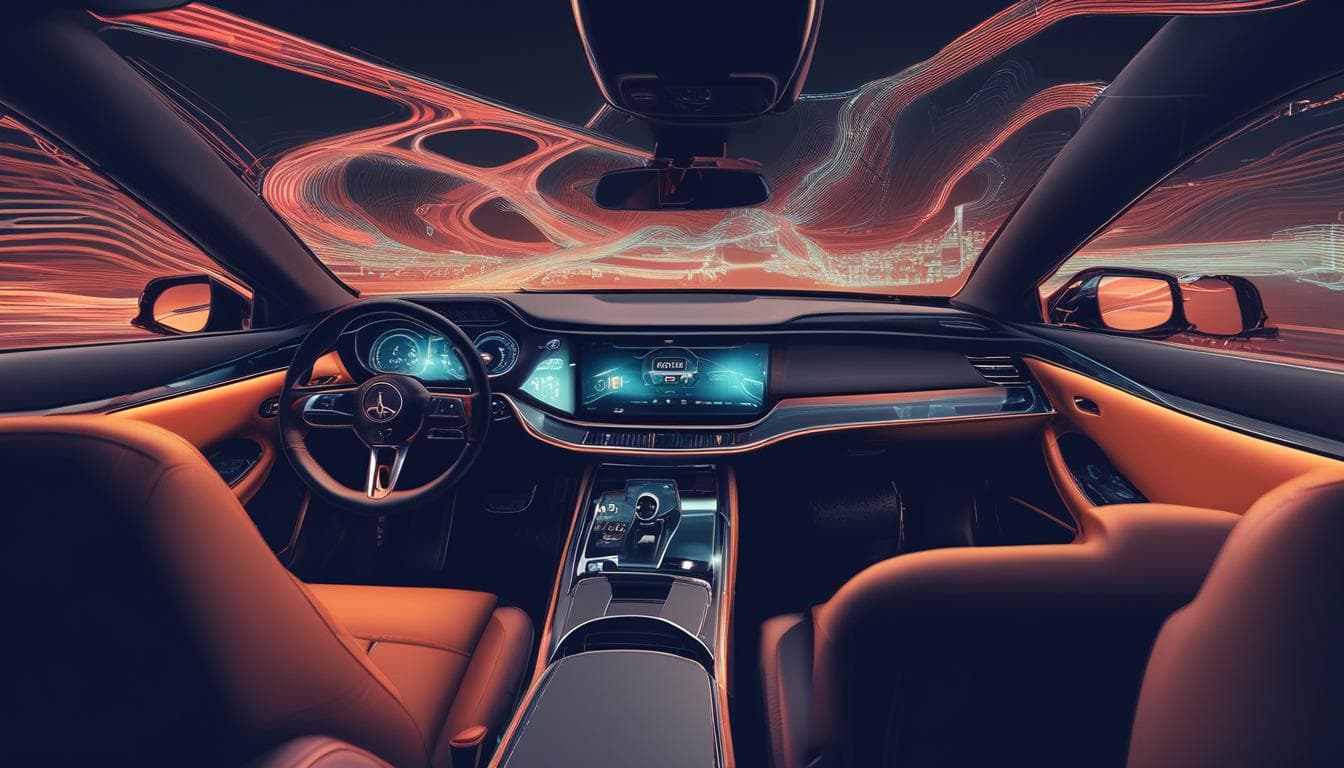如果汽车能够理解并回应你的情绪,例如通过调整车内氛围灯、播放合适的音乐,甚至提供驾驶建议,你认为这会对驾驶体验带来哪些积极和消极的影响?又会引发哪些伦理和社会问题?
汽车情绪化回应:驾驶体验的双刃剑
这是一个非常有趣的问题!如果汽车能够理解并回应驾驶者情绪,这将彻底改变驾驶体验,带来诸多积极和消极的影响,甚至引发复杂的伦理和社会问题。
积极影响:
- 提升驾驶舒适性和安全性: 想象一下,在疲劳驾驶时,汽车能够识别你的疲惫情绪,自动播放舒缓的音乐,调整车内灯光,甚至建议你靠边休息。这将大大提升驾驶安全性,减少事故发生率。
- 个性化驾驶体验: 汽车能够根据你的情绪和喜好,自动调整车内环境,提供个性化的驾驶体验。例如,在兴奋时播放动感音乐,在悲伤时播放轻柔音乐,让你在旅途中始终保持舒适愉悦的心情。
- 缓解压力和焦虑: 对于容易焦虑的驾驶者来说,汽车的情感回应功能能够起到一定的缓解作用,让驾驶过程更加轻松自在。
消极影响:
- 对驾驶者依赖性的增强: 如果汽车能够过度“照顾”驾驶者情绪,可能会导致驾驶者对汽车过度依赖,降低自身的驾驶技能和警觉性,反而增加危险。
- 数据隐私和安全问题: 汽车要理解驾驶者情绪,需要收集大量个人数据,这将引发隐私和安全方面的担忧。如何保护这些数据不被滥用,是一个亟待解决的问题。
- 技术误判和错误回应: 目前的AI技术还不够成熟,汽车可能会误判驾驶者情绪,导致不恰当的回应,甚至引发安全事故。
伦理和社会问题:
- 责任归属问题: 如果由于汽车的情感回应功能导致事故发生,责任应该由谁承担?是驾驶者,还是汽车制造商?
- 公平性和歧视问题: 汽车的情感识别系统可能会存在偏差,对某些人群产生歧视。例如,它可能更擅长识别某些情绪类型,而忽略其他情绪类型,导致某些驾驶者得不到应有的“关照”。
- 情感操控的可能性: 汽车制造商可能会利用情感回应功能来操控驾驶者的消费行为,这将引发伦理争议。
进一步探讨:
为了更好地理解汽车情感化回应的未来发展趋势,我们可以参考一些相关研究。例如,你可以阅读这篇文章,了解一下目前汽车个性化定制的现状和未来趋势:深入了解汽车个性化定制。 同时,我们也需要关注自动驾驶汽车的伦理挑战,这将有助于我们更全面地思考汽车情绪化回应所带来的伦理和社会影响。
总而言之,汽车情绪化回应是一把双刃剑。在享受其带来的便利和舒适的同时,我们也必须警惕其潜在的风险和挑战,并积极探索解决方案,确保这项技术能够安全、可靠、公平地为人类服务。
Explore More on This Topic
Join the Conversation
- How Will the Rise of EVs Impact the Car Maintenance Industry?
The increasing popularity of electric vehicles raises questions about the future of traditional car maintenance. This discussion explores the potential impact on mechanics, the need for new specializations, the changing costs of vehicle upkeep, and the emergence of new business models in the automotive repair sector.
- The Future of Road Trips: AI-Powered Itineraries vs. Spontaneity
Explore the evolving landscape of road trips in the age of AI. Will curated itineraries replace spontaneous adventures, or will there be a balance? Discuss the potential impact of AI on the driver and passenger experience.
- The Future of Automotive Artistry: Will AI Drive Design or Compete With It?
Explore the future of automotive artistry in the age of AI. Will AI become a collaborative tool for car designers, a new medium for artistic expression, or a competitor creating its own automotive aesthetics? Join the discussion and share your vision.





